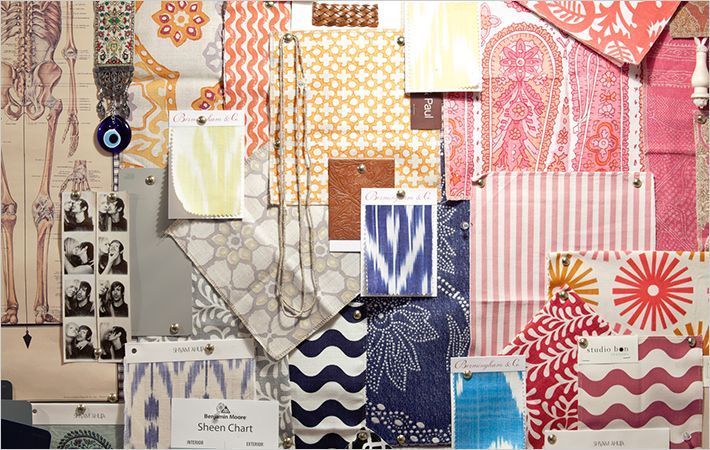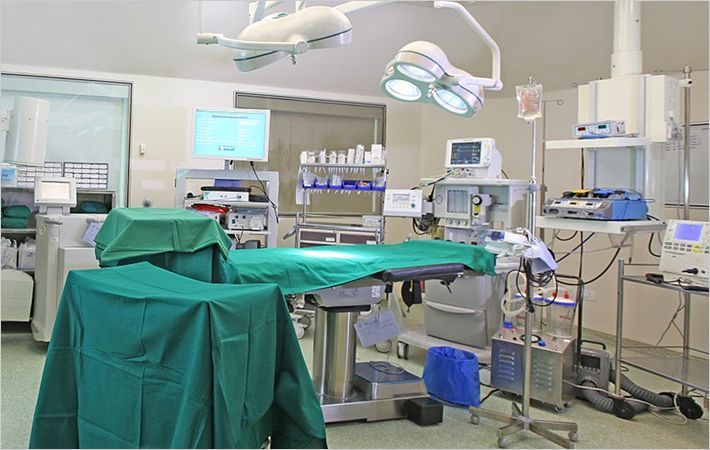Fabrics that act as solar cells; fabrics that mimic muscle fibers for use in prosthetics; mosquito bite-proof clothing for use in malaria zones—it may sound like science fiction, but all are high-tech textiles being researched in North Carolina. With the aim of boosting high-tech textile manufacturing and helping researchers bring new materials to market, North Carolina Representatives David Price (D-NC) and Howard Coble (R-NC) introduced their American Textile Technology Innovation and Research for Exportation (ATTIRE) Act in the House of Representatives this week.
The textile industry contributes $60 billion to our national economy every year, and it employs over 500,000 workers across the country, including many in the Tar Heel stateFabrics that act as solar cells; fabrics that mimic muscle fibers for use in prosthetics; mosquito bite-proof clothing for use in malaria zones—it may sound like science fiction, but all are #
"The level of innovation we're seeing in the textile industry is very promising," Rep. Price said. "Innovation is key to the future health and competitiveness of the American textile industry. Critical federal investments in research and development help our domestic textile manufacturers stay a step ahead of global competition. The ATTIRE Act will help ensure the next generation of high-tech fabrics is made in the United States."
"My mother worked in the textile factories and I have always had a special place in my heart for the workers in this industry," Rep. Coble said. "Through this competitive grant program we hope to further advance this key industry in North Carolina."
The ATTIRE Act supports innovation and research in the U.S. textile and fiber products industry through the creation of a new $5 million competitive grant program at the Department of Commerce. University-based and non-profit research institutions seeking to bolster high-tech textile research and development projects would be eligible to compete for grant funds. Currently, no single federal program exists to support innovation and high-tech manufacturing in the U.S. textile and fiber products industry, which remains a major source of exports and job creation despite the contraction it has suffered in recent years.
Researchers at North Carolina State University have been particularly active developing and testing new materials that protect against the biological threats and the elements. Researchers at The North Carolina State Thermal Protection Laboratory have also conducted extensive analysis of the thermal protection properties of materials used in occupations such as military service, firefighting, welding and metal work, ensuring garments provide adequate burn protection.
Congressman Price

